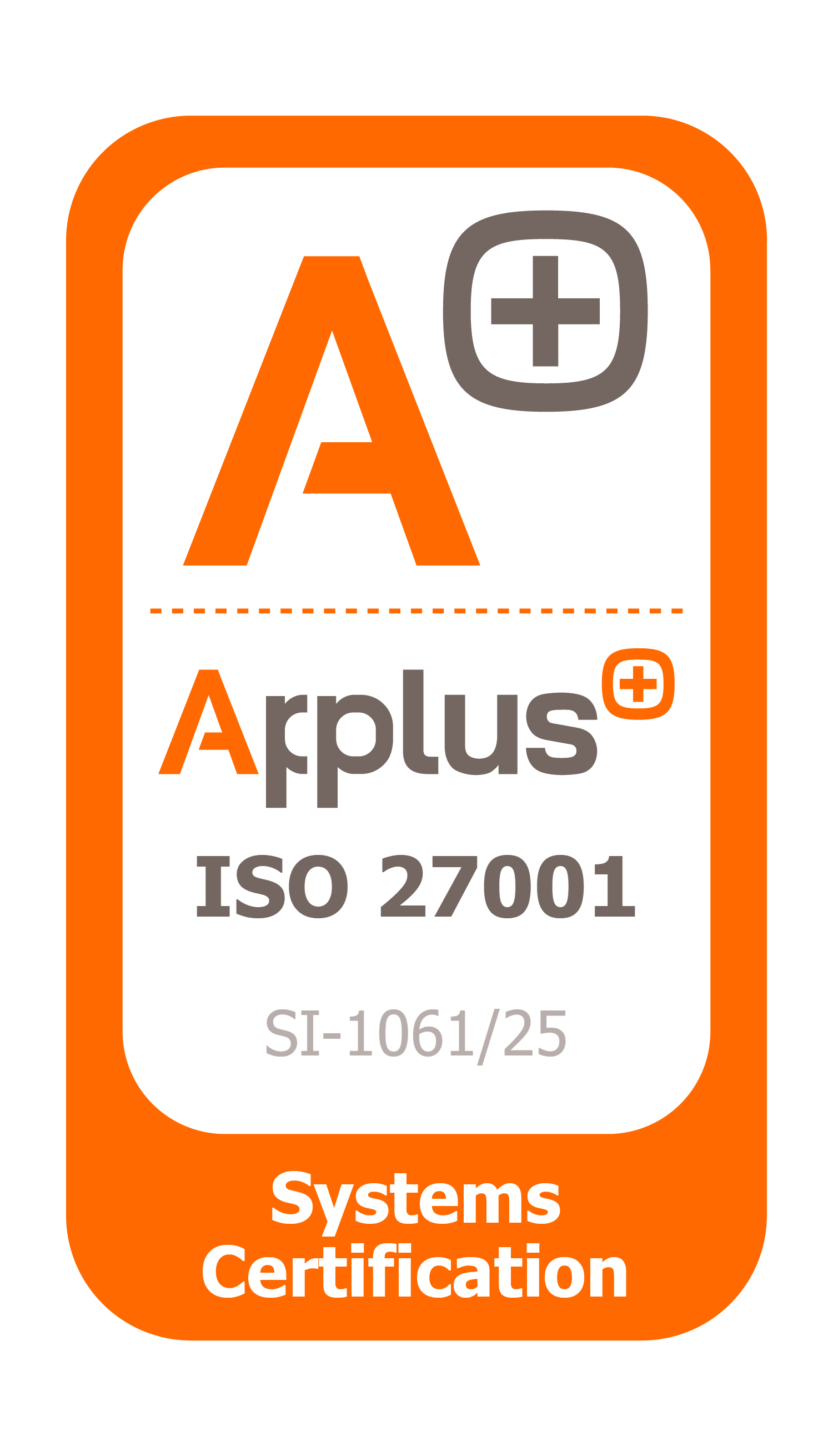Managing parking in companies and corporate environments is a constant challenge. The need to optimize parking spaces and ensure a fair and efficient distribution has led to the implementation of advanced algorithms. With solutions like Hybo’s, the use of algorithms not only facilitates parking allocation but also enhances the user experience, reduces time and resources, and promotes sustainability.
In this article, we will explore the different types of parking algorithms, their benefits, and how their implementation can transform the efficient use of corporate spaces.
Types of algorithms
Parking algorithms are tailored to the specific needs of each organization. At Hybo, three main models have been developed to ensure the optimization of parking spaces and fair allocation:
- Parking Space Lottery Algorithm
- Fair Parking Space Allocation Algorithm
- Parking Space Penalty Algorithm
Below, we will analyze each of these methods, explaining how they work with practical examples.
Parking space lottery algorithm
The lottery algorithm is an ideal option when parking spaces are limited and fairness among employees needs to be guaranteed. Each user has the same chance of accessing a parking space, regardless of their role or seniority.
Practical Example: A company with 100 employees has only 40 parking spaces. The system conducts a weekly lottery, randomly assigning the spaces to 40 different employees. This ensures that everyone has the same opportunity to access a space over time.
Advantages of the Lottery:
- Ensures fair distribution.
- Avoids internal conflicts.
- Promotes a fair and transparent work environment.
Fair parking space allocation algorithm
The fair allocation algorithm considers specific criteria to distribute parking spaces, such as schedules, particular needs, or types of users. This enables a more efficient and personalized use of parking spaces.
Practical Example: In an organization with employees working different shifts, the algorithm allocates parking spaces based on arrival and departure times. It can also prioritize specific users, such as employees with reduced mobility, pregnant individuals, or executives.
Advantages of Fair Allocation:
- Adapts to the needs of each user.
- Increases efficiency in the use of parking spaces.
- Enhances employee satisfaction by offering personalized solutions.
Parking space penalty algorithm
The penalty algorithm promotes the active and responsible use of parking spaces. Users who repeatedly fail to use their assigned parking space receive a penalty, giving priority to those who actively utilize them.
Practical Example: If an employee does not use their assigned parking space for three consecutive days, the system penalizes them by placing them at the bottom of the priority list. The space is then reassigned to another user who genuinely needs it.
Advantages of the Penalty Algorithm:
- Prevents resource waste.
- Encourages active use of parking spaces.
- Optimizes parking space occupancy.
Integration with smart parking systems
The combination of Hybo’s algorithms with smart parking systems allows for the complete automation of parking management. These integrations enhance efficiency and ensure a seamless, uninterrupted user experience.
Automatic parking gate opening through bookings
Thanks to Hybo, users can automatically access the parking lot when making a parking space reservation. The system sends the information to the access gates, allowing them to open without the need for manual intervention.
Practical Example: An employee reserves their parking space through the Hybo app. Upon arrival at the parking lot, the gate opens automatically by recognizing their identification.
Benefits:
- Reduces access time.
- Eliminates the need for cards or keys.
- Enhances the parking user experience.
Automated parking barriers with license plate recognition
Parking automation also includes license plate recognition systems. These systems detect and verify the vehicle’s license plate, allowing access only if there is a prior reservation.
Practical Example: The parking camera recognizes the employee’s car license plate, automatically opening the barrier.
Benefits:
- Speeds up entry and exit flow.
- Improves parking security.
- Optimizes parking management by verifying reservations.
Advantages of parking algorithms
Implementing a parking algorithm in corporate environments brings numerous benefits:
- Resource Optimization: Improves the use of spaces and reduces underutilization.
- Equity and Transparency: Ensures fair assignments tailored to user needs.
- Time Reduction: Automates reservation and access processes, eliminating waiting times.
- Sustainability Improvement: Less time spent searching for parking translates to reduced CO2 emissions.
- Increased Satisfaction: Delivers a seamless and efficient experience for employees.
Conclusions
Implementing a parking algorithm not only solves traditional parking space management problems but also enhances operational efficiency, user experience, and sustainability. With solutions like Hybo, you can transform your parking lots into smart spaces tailored to your organization’s needs.
If you want to discover how to optimize parking management in your company and make the most of every space, contact us now!












